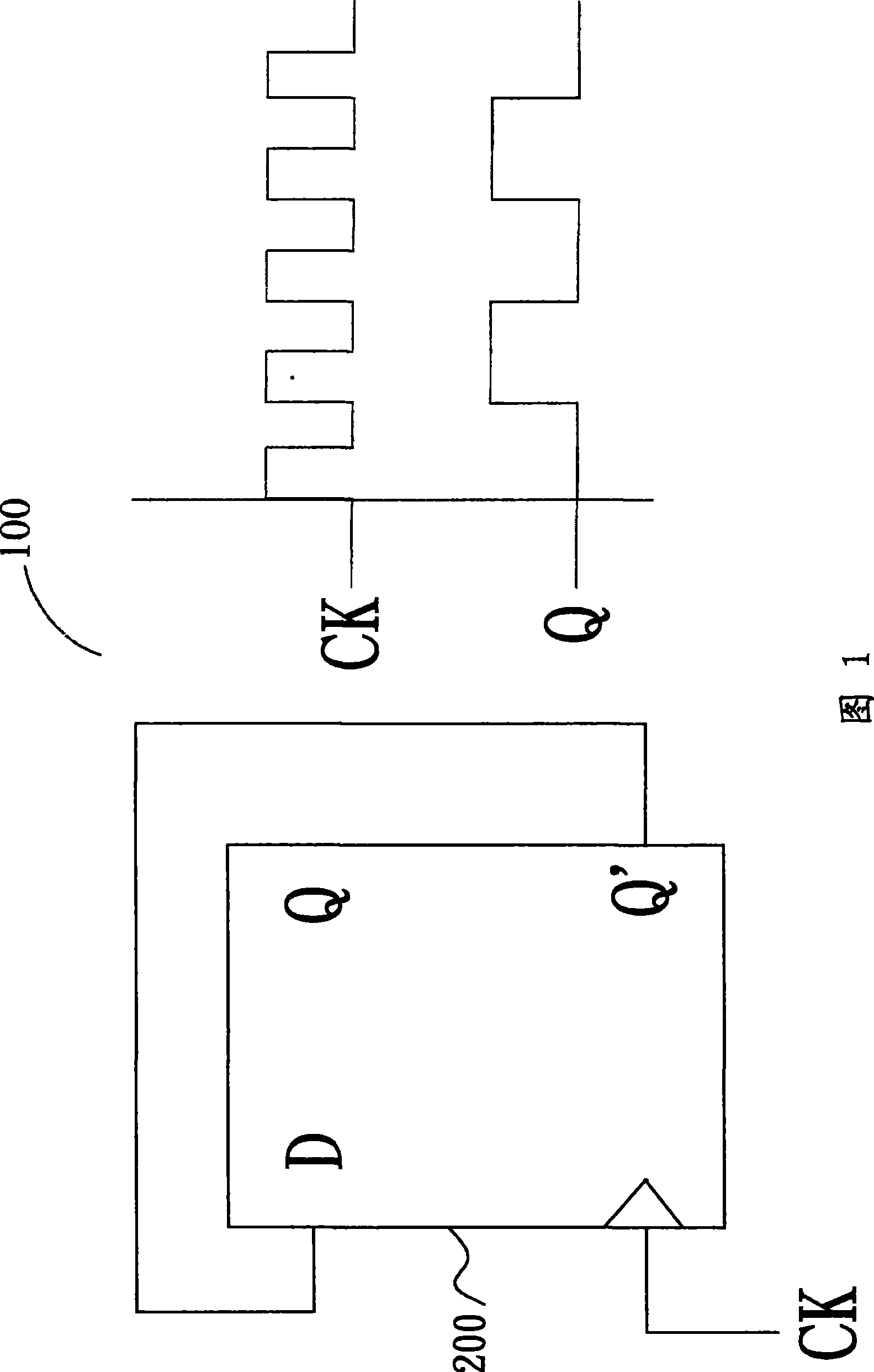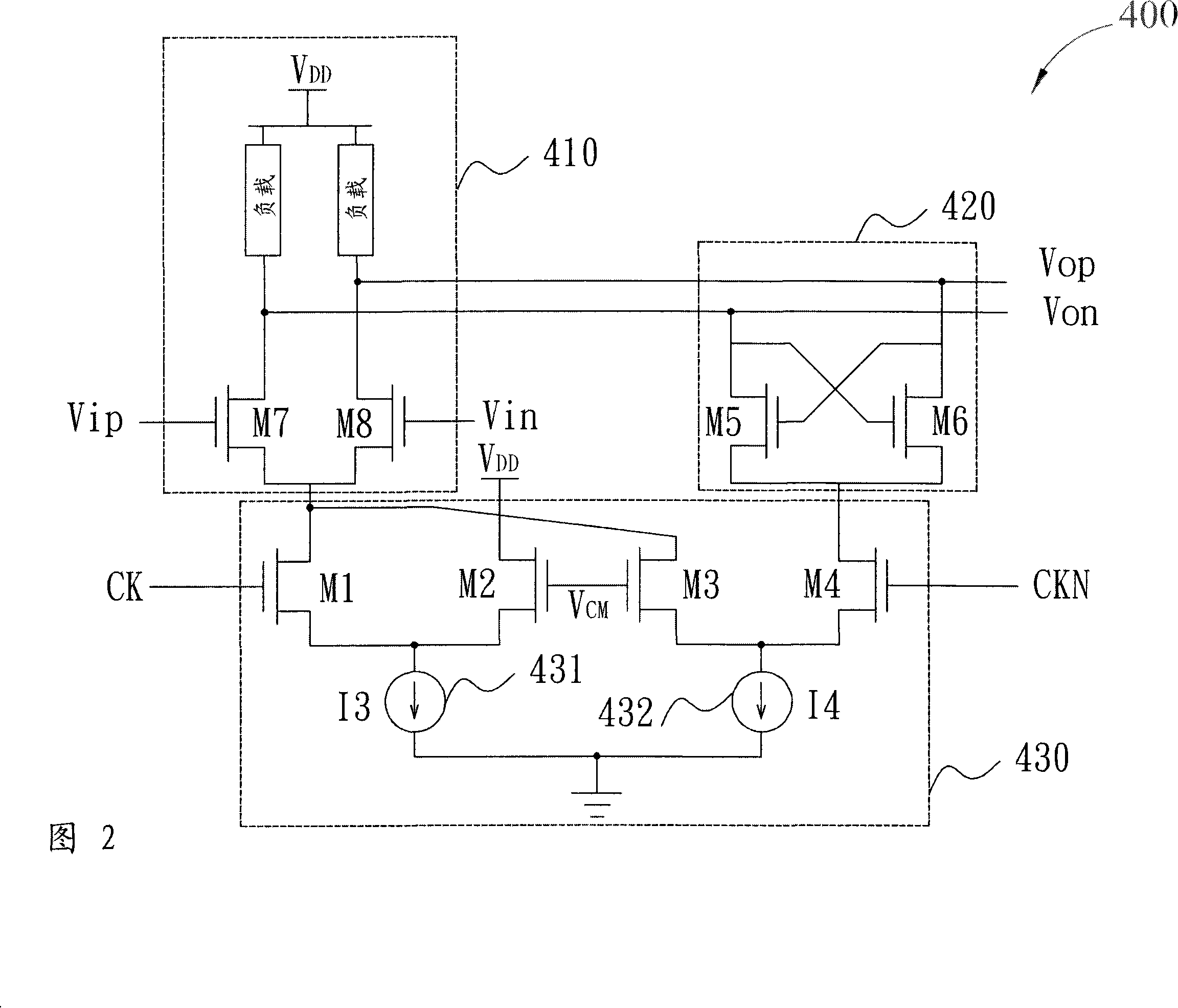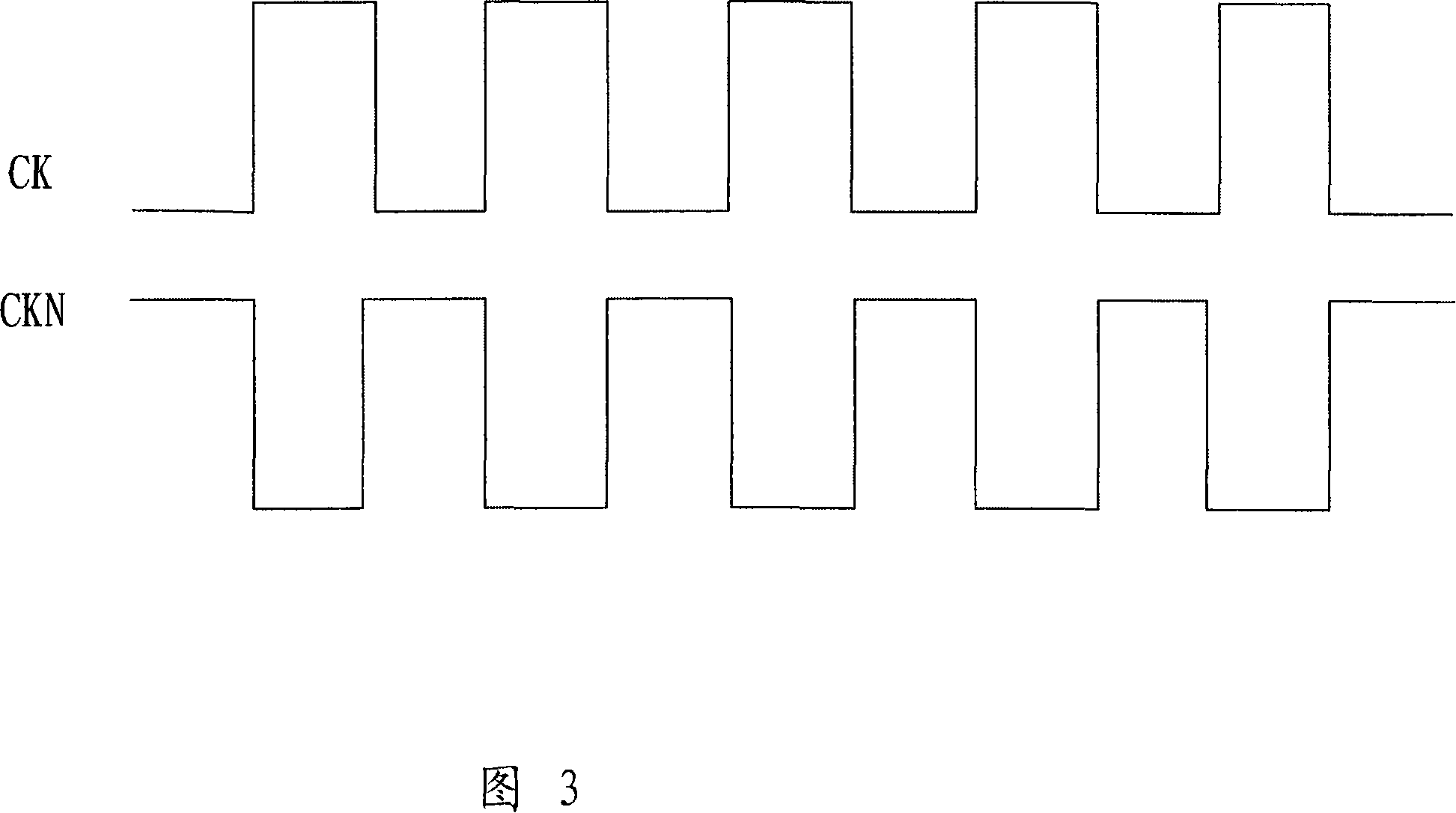Bolt lock device
A latching, current technology, applied in electrical components, logic circuits, pulse technology, etc., can solve the problems of increasing parasitic capacitance, the operating frequency can no longer be increased, and the current can no longer be increased, and the effect of avoiding the parasitic capacitance problem is achieved.
- Summary
- Abstract
- Description
- Claims
- Application Information
AI Technical Summary
Problems solved by technology
Method used
Image
Examples
Embodiment Construction
[0030] The present invention will be described in detail below with reference to the drawings.
[0031] See here figure 2 , figure 2 It is a schematic diagram of the first embodiment of the latch 400 of the present invention. Such as figure 2 As shown, the latch 400 includes a preamplifier 410, a latch unit 420, and a bias circuit 430. Please note here that the pre-amplifier circuit 410 and the latch unit 420 have the same functions and operations as the aforementioned pre-amplifier circuit (pre-amplifier) 211 and the latch unit 212, so the details will not be repeated here. Operation.
[0032] For example, the latch unit 420 is composed of two cross-coupled transistors M5 and M6; since the gates of the transistors M5 and M6 are respectively coupled to the drains of each other, the reverse signal Von , Vop can be used to control the conduction state of transistors M5 and M6, thereby maintaining their own voltage level.
[0033] Please note that the bias circuit 430 of the lat...
PUM
 Login to View More
Login to View More Abstract
Description
Claims
Application Information
 Login to View More
Login to View More - R&D
- Intellectual Property
- Life Sciences
- Materials
- Tech Scout
- Unparalleled Data Quality
- Higher Quality Content
- 60% Fewer Hallucinations
Browse by: Latest US Patents, China's latest patents, Technical Efficacy Thesaurus, Application Domain, Technology Topic, Popular Technical Reports.
© 2025 PatSnap. All rights reserved.Legal|Privacy policy|Modern Slavery Act Transparency Statement|Sitemap|About US| Contact US: help@patsnap.com



